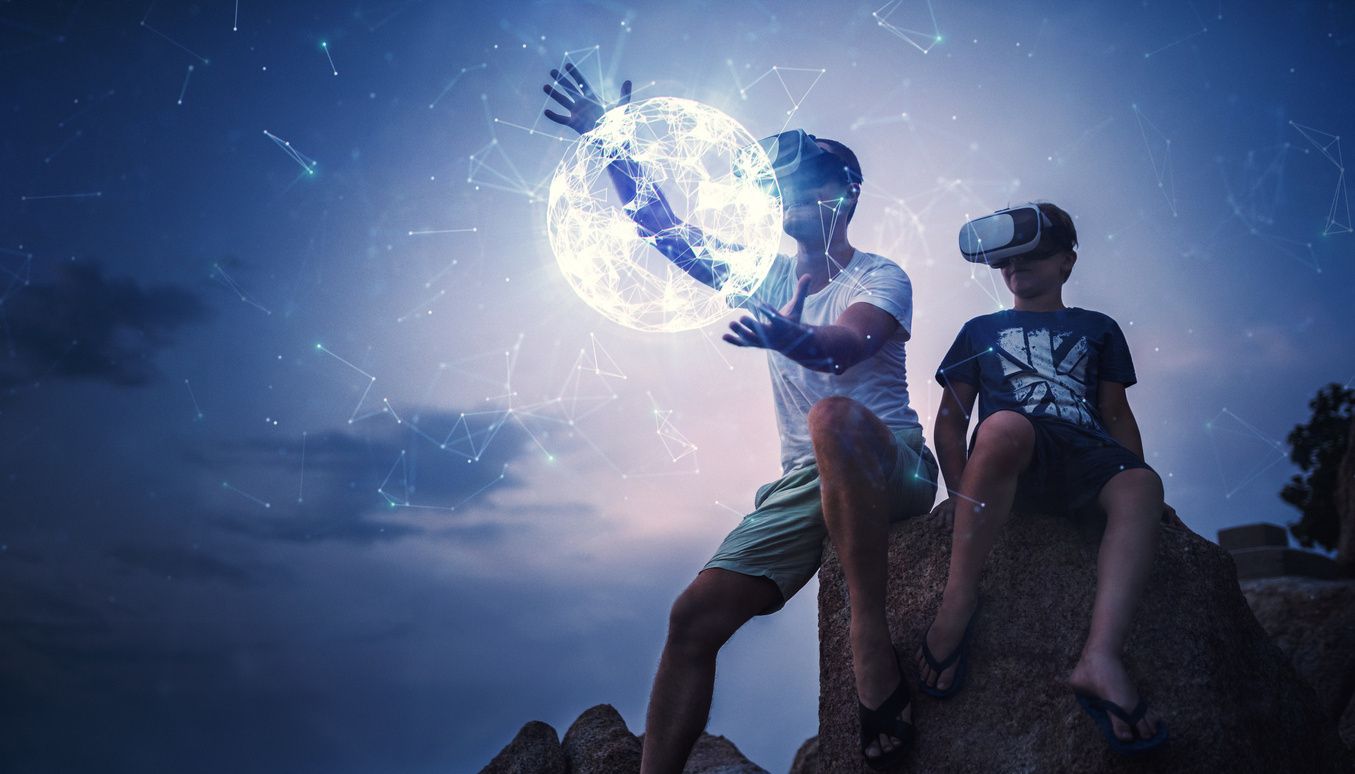VR apps to keep your kids engaged over the summer
By Vhalerie Lee
As quickly as temperatures rise, young adults can't get away from school fast enough. Away from classrooms for long summer breaks, they often experience what the U.S. Department of Education calls summer slide: when they forget some of what they've learned during the school year. According to the Johns Hopkins School of Education, students can lose about two months of math skills over a long vacation.
But summer doesn't have to be a slow burn for students. While getting young people to (willingly) pick up a textbook during these warmer months is unlikely, today's technology provides a way to meld educational skills with fun. There is growing evidence that virtual reality (VR) is creating a unique form of education that doesn't have to be dry and can potentially stop the summer brain drain.
One example comes from Google, through its Google Expeditions, a virtual way to take field trips from a classroom, home, or the beach during the summer. Experts in VR believe virtual events can enhance how students learn, by imparting information through a whole-body experience, a theory called embodied cognition.
"Dancers are already familiar to this," says Rachel Sibley, vice president of product marketing at Leap Motion, a VR tech company, who believe the human body can learn concepts faster through embodied cognition. "They learn and remember through their bodies."
Sibley spoke at the annual Augmented Reality World Expo (AWE) at the Santa Clara Convention Center last May, where thousands of VR and AR enthusiasts gathered to learn about the next big thing.
Google Expeditions too has been watching how VR is enhancing the way students learn. "When asked what they remember about a VR experience, many students point to where the object was in the VR scene," says the Google Expeditions team during the Google I/O conference this year. One experience the team developed uses an augmented reality app that superpositions Saturn and Mars in the space through the Google Tango software developers kit.
You don't need to attend conferences — nor have access to expensive gear — to use VR tools that can bring both fun and learning to your summer. For those with access to a Samsung Gear VR or Oculus Rift, the recently launched Blocks by Google is a worthy successor to the highly successful Tiltbrush that brings fun and learning. Think of Blocks as the modern form of Lego, where newbies to the technology can experience building sand castles or unleashing their artistic abilities by simply stacking one block after the other and publishing them online. That's one healthy dose of fun without breaking away from reality.
You can also explore sites, including Unimersiv, which produces educational apps such as A Journey into the Brain for the Oculus Rift and Samsung Gear VR.
For those with simpler — less expensive — Google Cardboard headsets, the free Titans of Space Cardboard VR app lets you tour the planets on Android devices. For younger students, the free AR Flashcards - Animal Alphabet are a solid way to bring fun to learning ABCs. (Additional educational VR apps can be found on our site.)
While summer provides a much-needed break from school stress, virtual reality can be an enjoyable option for incorporating a little education into the sun and fun.
-Vhalerie Lee is currently pursuing her M.S. in Integrated Digital Media at New York University.
HTC Vive Focus Vision — Mixed Reality and PC VR Headset + Controllers — Consumer Edition
